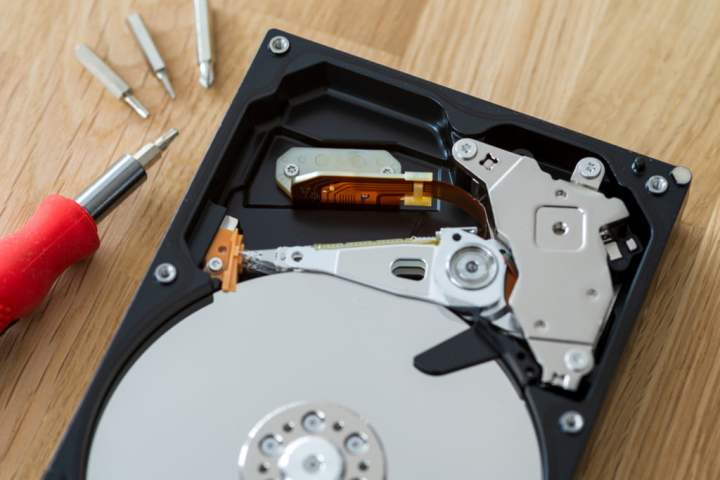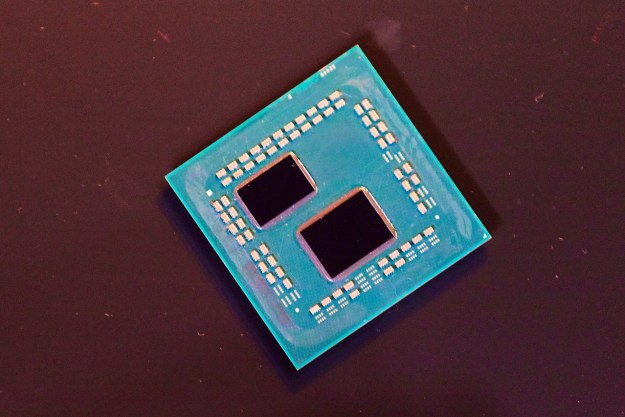If you’ve ever had a hard disk drive (HDD) fail on you, you’re certainly not alone. It turns out that this is actually a lot more common than most people think.
According to research carried out across a sample of over failed 17,000 hard drives, the failure occurred after only two years and 6 months. Does that make the HDD one of the weakest components inside your PC?

Cloud storage and backup company Backblaze released an interesting report about the average time it takes for an HDD to fail. Backblaze examined a total of failed 17,155 HDDs of varying sizes and models. Based on that sample, it came to the conclusion that, among the drives that failed, the average life span was only two and a half years.
The company was able to run this study on its own failed drives that were previously used in its data centers. This includes models from Seagate, Toshiba, or Western Digital (WDC). In total, 72 different models were included.
Backblaze recorded the power-on hours of each drive, along with their failure dates, serial numbers, capacity, and SMART (Self-Monitoring, Analysis, and Reporting Technology) raw data. The study excluded all failed boot drives, drives with data errors or inconsistencies, and drives with no SMART raw attribute data.
In addition to exposing the short average life span of an HDD, the study also finds that Seagate drives are the most susceptible to failure, while WDC models saw the least casualties.
The massive Seagate 12TB ST12000NM0007 turned out to be the fastest to break, reaching an average age of 1 year and six months and a total of 2,023 failures. The only HDD to break down even more often was the Seagate 4TB ST400DM000 (5,249 failures), but it also lasted a lot longer on average — 3 years and 3 months.

Overall, Backblaze found that the average annualized failure rate (AFR) of its active HDDs was 1.4%, meaning that 1.4% of all of its HDDs failed each year. By the end of the first quarter of 2023, Backblaze was monitoring a total of 241,678 drives, but this also includes SSDs. To calculate the AFR, it excluded boot drives and drives used for testing, which resulted in 237,278 drives with a 1.4% yearly failure rate.
Should you be worried if you’re still using an HDD, given that once they fail, they seem to only last for such a comparatively short time? Not necessarily. Backblaze doesn’t have any HDDs in sizes that are typically used by consumers (1TB, 1.5TB, 2TB, 3TB, and 5TB), and it seems that the smaller the HDD, the longer it can last. The tests also only included failed HDDs, and as the AFR tells us, not that many of them fail each year to begin with.
Many people also no longer use HDDs, having switched to SSDs as their prices continue dropping. Still, it’s always a good idea to back up your data.
Editors' Recommendations
- A new supply shortage is now hitting SSDs and hard drives
- These apps use A.I. to automate your life and save you time
- Alexa can save your life by telling you if severe weather is coming
- Amazon’s Cyber Monday sale cuts prices on Western Digital hard drives
- Garmin DriveSmart 65 puts Alexa in your car and tells you where to go




